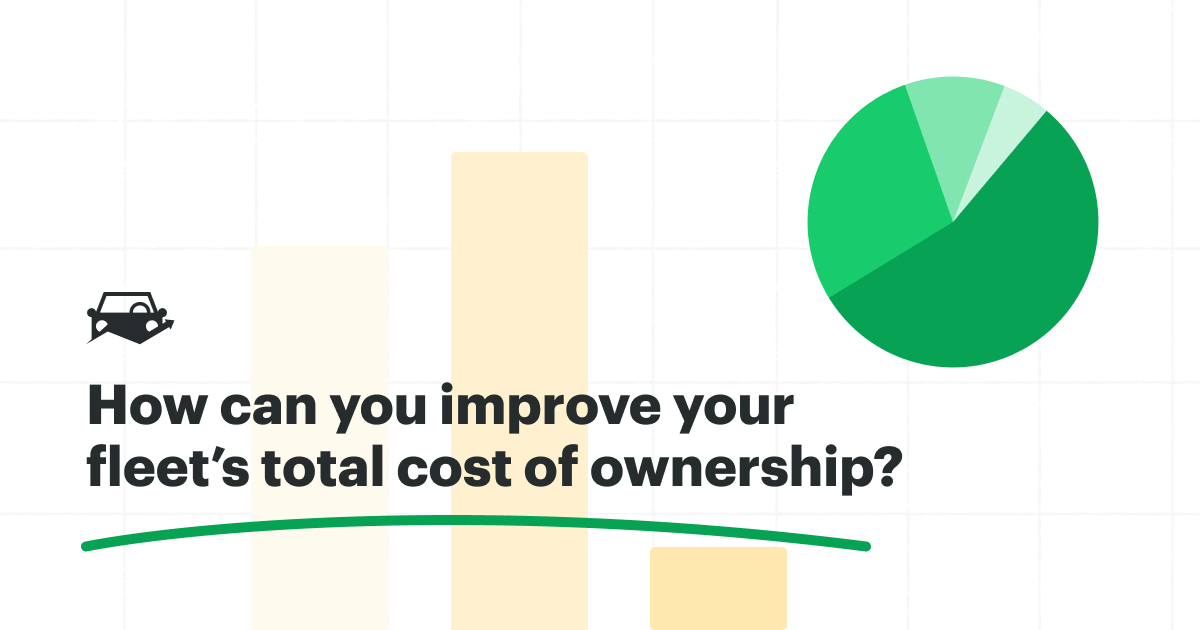
Credit: www.reuters.com
Table of Contents
What are Agency Costs?
Agency costs are the expenses incurred when one party (known as the principal) hires another party (known as the agent) to represent their interests in a business transaction or a decision-making process. These costs arise due to potential conflicts of interest between the principal and the agent, leading to inefficient outcomes or suboptimal decision-making.
Types of Agency Costs
There are several types of agency costs that can arise in different scenarios:
| Agency Cost Type | Description |
|---|---|
| Monitoring Costs | The expenses incurred by the principal to ensure that the agent is acting in their best interest. This can include regular audits, performance evaluations, or other supervisory activities. |
| Bonding Costs | The costs associated with creating an agreement or contract to align the interests of the principal and agent. This could involve legal fees, drafting and reviewing contracts, or implementing performance incentives. |
| Residual Loss | The loss that occurs when the agent acts in their own self-interest, disregarding the interests of the principal. This can result in missed opportunities, inefficient decision-making, or even fraudulent activities. |
| Conflict of Interest | The costs associated with situations where the agent’s personal interests conflict with the best interests of the principal. These costs can arise when the agent takes actions that are not aligned with the goals of the principal, potentially leading to financial losses or damage to reputation. |
Reducing Agency Costs
While agency costs cannot be completely eliminated, there are strategies that can help minimize their impact:
- Effective Monitoring: Regular monitoring and performance evaluations can help ensure that the agent is acting in the principal’s best interest.
- Strong Communication: Open and transparent communication between the principal and agent can foster trust and alignment of goals.
- Incentive Alignment: Implementing performance-based incentives can motivate the agent to act in the best interest of the principal.
- Contracts and Agreements: Carefully drafted contracts that clearly outline the responsibilities and obligations of both parties can help mitigate potential conflicts.
- Competitive Selection: Choosing agents with a proven track record and reputation for acting in the best interest of their clients can reduce the risk of agency costs.

Credit: www.fleetio.com
Real-World Examples
Agency costs are prevalent in various sectors and industries. Here are a few examples:
1. Corporate Governance: In publicly-traded companies, agency costs can arise when the management team (agents) prioritize their own interests over shareholders’ (principals’) interests. This can result in excessive executive compensations or poor strategic decisions.
2. Financial Services: Agency costs can be significant in the financial services industry. For example, financial advisors may recommend certain financial products that benefit them through commissions, but may not be the best option for the client.
3. Real Estate: Real estate agents may be incentivized to push clients towards more expensive properties to earn higher commissions, potentially disregarding the buyer’s budget or preferences.
4. Government Agencies: Agency costs can also be present in government agencies. For instance, government contractors may overcharge for services or deliver subpar results due to inadequate monitoring or conflicts of interest.
5. Non-Profit Organizations: Even in non-profit organizations, agency costs can be a concern. Managers of these organizations may not always act in the best interest of the beneficiaries, resulting in misappropriation of funds or ineffective allocation of resources.
Conclusion
Agency costs are an integral part of various business and organizational relationships. Recognizing the potential conflicts of interest between principals and agents is crucial in managing these costs effectively. By implementing strategies to minimize agency costs, such as effective monitoring, strong communication, and transparent contractual agreements, businesses can strive towards achieving optimal decision-making and efficient outcomes.